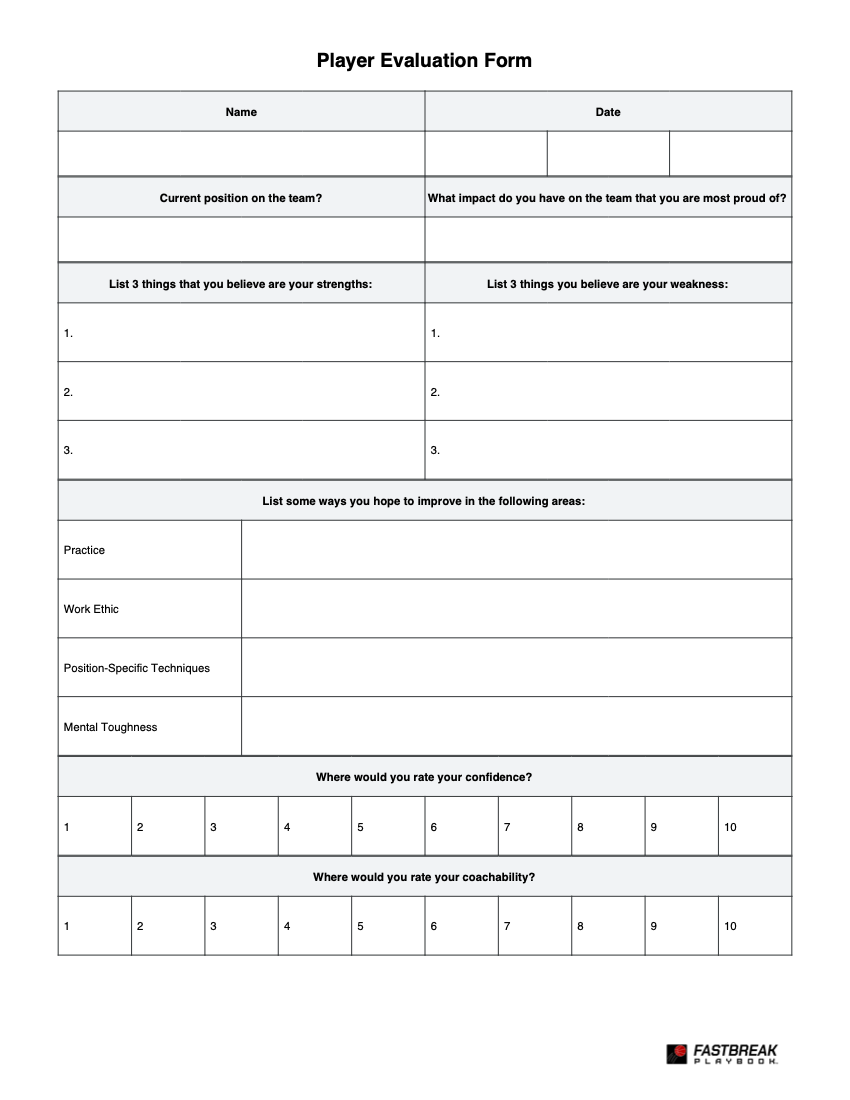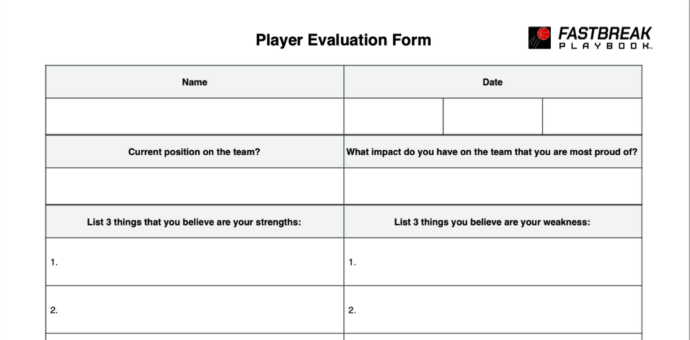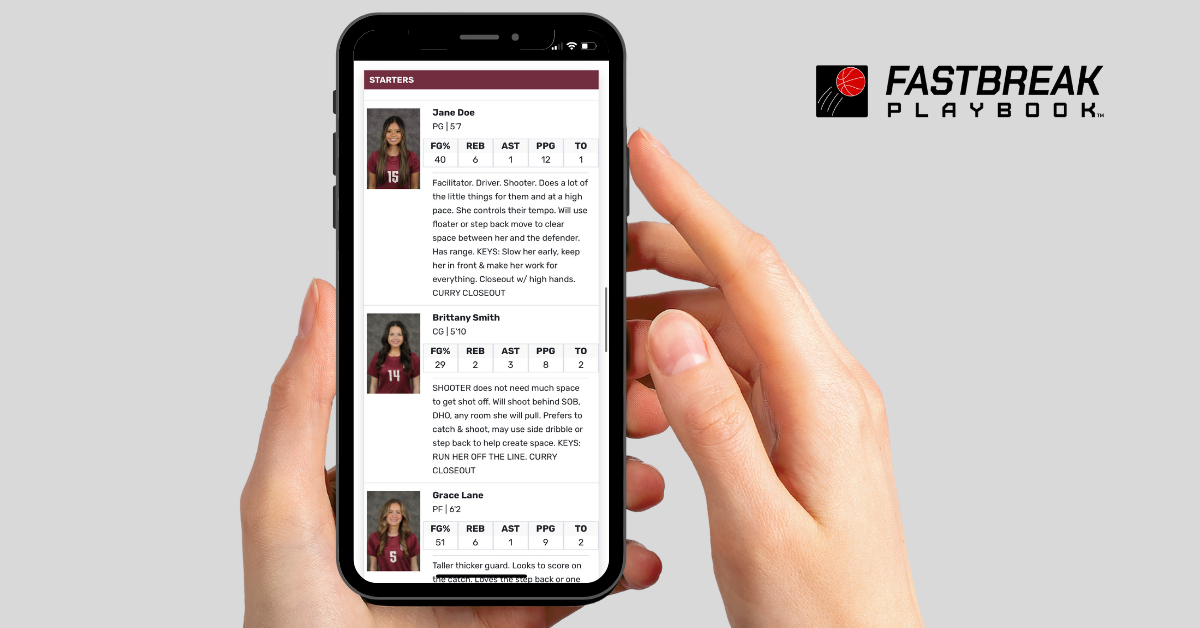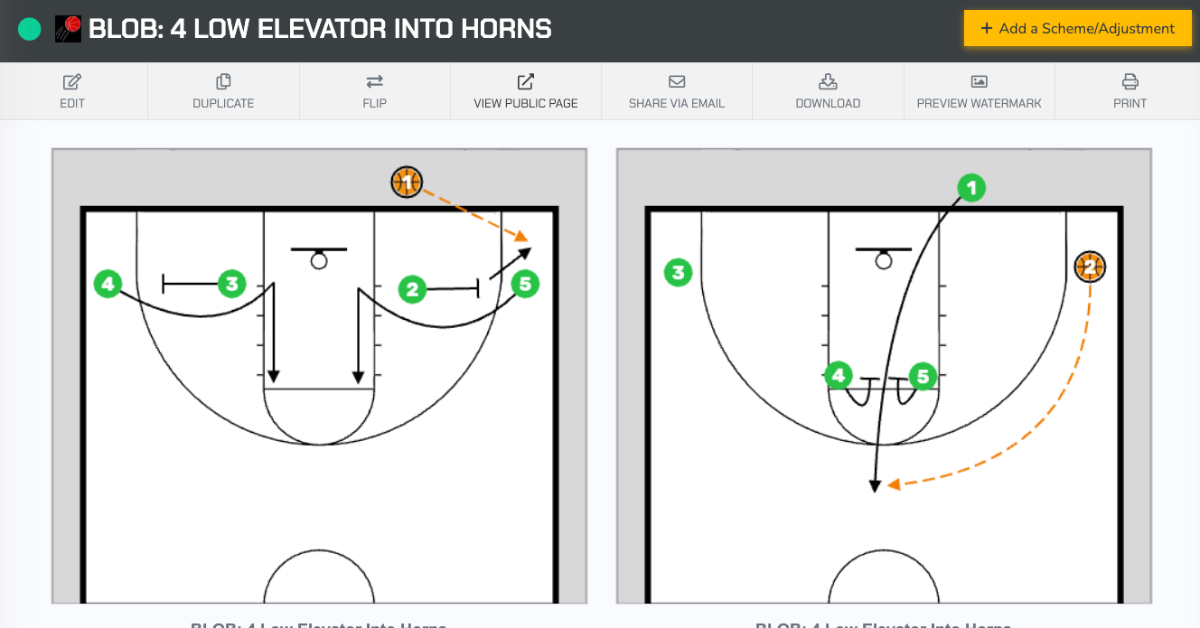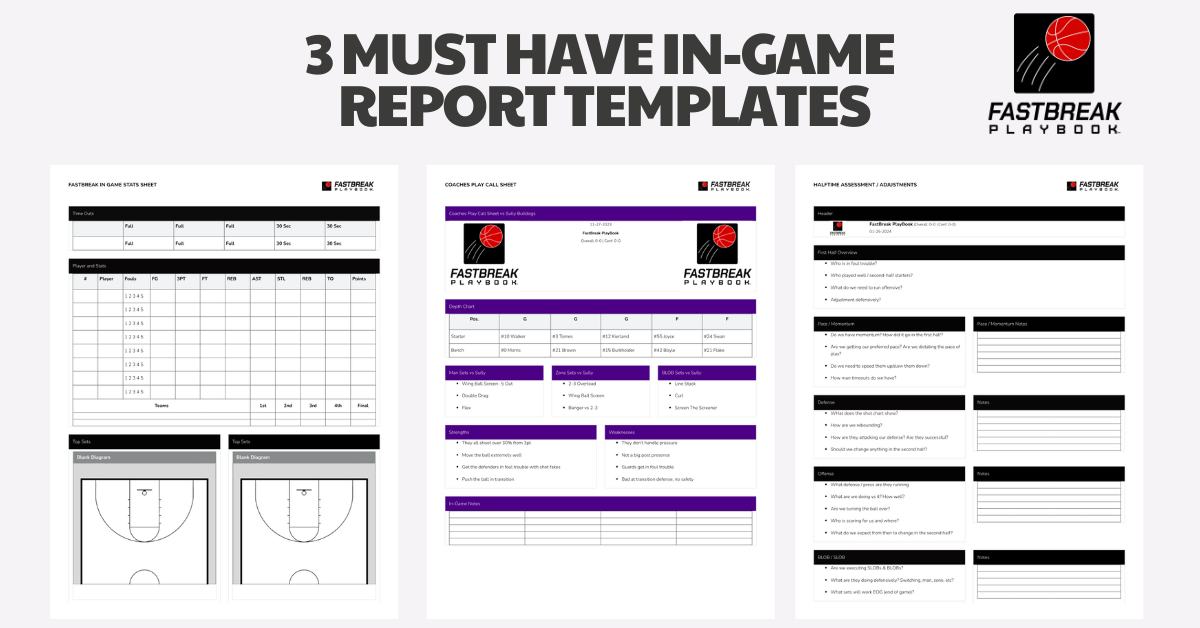This player evaluation form is used to provide feedback to players, track progress over time, and make informed decisions. These decisions could range from player development to team selection, and strategy.
This player evaluation form allows coaches to assess various skills and attributes of each player. It includes sections for offensive skills such as shooting, dribbling, and passing, as well as evaluations of defensive abilities and rebounding. The form also covers athletic capabilities, coachability, and performance in games.
Additionally, there is space provided for an overall strength assessment of the player.
A basketball coach should use a player evaluation form at several key times throughout the season to assess individual player performance, development, and team dynamics. Here are the ideal times to use a player evaluation form:
Player Evaluation Times
Here are the ideal times to use a player evaluation form:
1. Pre-Season Evaluation:
- Purpose: Assess players’ skills, physical condition, and basketball IQ to inform team selection, roles, and initial strategies.
- Timing: During tryouts or the first week of practice.
- Focus Areas: Basic skills (shooting, dribbling, passing), athleticism, understanding of the game, and attitude.
2. Mid-Season Evaluation:
- Purpose: Monitor player progress, identify areas needing improvement, and adjust coaching strategies.
- Timing: Halfway through the season, after several games.
- Focus Areas: Improvement in skills, game performance, consistency, and teamwork.
3. Post-Game Evaluation:
- Purpose: Provide immediate feedback on a player’s performance during a specific game.
- Timing: Within 24 hours after the game, while the events are still fresh.
- Focus Areas: Execution of game plan, decision-making, effort, and impact on the game.
4. End-of-Season Evaluation:
- Purpose: Summarize overall performance for the season, discuss off-season goals, and set expectations for the next season.
- Timing: After the final game or at the season’s wrap-up meeting.
- Focus Areas: Overall growth, contribution to the team, leadership, and areas for off-season work.
5. Off-Season Evaluation:
- Purpose: Gauge progress during off-season training programs and summer leagues.
- Timing: Periodically throughout the off-season.
- Focus Areas: Skills development, physical conditioning, and commitment to off-season training.
Using player evaluation forms at these strategic times helps coaches track development, provide targeted feedback, and tailor training programs to meet individual and team goals.
